 The crisis ridden textile industry has renewed its effort to push the caretaker government for dismantling the barriers in the way of import of raw materials – cotton and man-made fibres, from neighbouring India in order to cut down its input costs.
The crisis ridden textile industry has renewed its effort to push the caretaker government for dismantling the barriers in the way of import of raw materials – cotton and man-made fibres, from neighbouring India in order to cut down its input costs.
The initiative, led by the spinners, signifies a break from the past as the industry is now focused more on convincing the government to provide easier access to cheaper raw materials rather than seeking cash subsidy. The caretakers – with their limited mandate to hold a free and transparent vote next month, however remain elusive even on the demand although it does not entail any additional financial burden on the exchequer.
“We met textile minister Shahzada Alam Monnoo (in the last week of November), but failed to get any firm commitment from him,” says All Pakistan Textile Mills Association (Aptma-Punjab) chairman-elect Akber Sheikh. The Aptma delegation focused on the provision of a level playing field to the textile industry and the removal of the anomalies in the stated official policy that seeks to encourage free trade in the textile raw materials from and into the country. The industry is currently seeking free import of all types of cotton from India by road via Wagha – so far the government permits the import of long staple fibre from the neighbouring country and that too by rail or sea –.and abolition of 6.5 per cent duty on imported polyester staple fibre (PSF) and 5 per cent duty on viscose imposed to protect the local manufacturers. In addition, it is also asking for permission to import man-made fibres from India.
“We aren’t asking for any subsidy. We are just calling for giving us a level playing field by zero rating import of raw materials for the textile industry in line with the free market economic policy being pursued by the government,” says Sheikh. According to him, the industry is spending an extra cost of Rs20-25 billion on the purchase of raw materials because of the restrictions on free import of cotton from India and the protective duty on the imported man-made fibres.
“If the government wishes to protect the growers or the local synthetic fibre producers, it should do so from its own pocket instead of putting huge financial burden on the industry,” he insists. All Pakistan Textile Association (APTA) chairman Adil Mahmood says the Indian government is ready to export cotton by road through Wagha. “But the government is not allowing it to happen,” he says, adding Islamabad should encourage containerised trade of cotton by road in order to facilitate the domestic industry. He says the customs have sufficient area at the Wagha border to allow containerised import and carry out fumigation of the natural fibre. He says the industry would save Rs150-200 per maund on import of cotton from Indian Punjab via Wagha.
The entire chain of the textile industry is reeling under the rising production costs for over two years owing mainly to a sharp surge in energy rates, credit price and multiple taxes. It says the huge subsidies given by its regional competitors – India, China and Bangladesh, have made it uncompetitive in the global markets. The recent increase in the raw materials on account of short cotton crop and high petroleum prices has further eroded its comparative advantage in the world markets.
The cotton crop size is estimated to remain 11-12.8 million bales against the target of over 14 million bales and the industry’s requirements of close to 16 million bales leading to a hike in the lint market. The man-made fibres have also become expensive because of the surging oil prices. The industry says some 100 mills had already shut down their operations while many others were operating far below their capacity due to high prices of raw materials.
Although the government has given around Rs30 billion to the value added textiles in the form of research & development (R&D) facility and reduction in interest payment on the outstanding loans to the entire chain over the last two years to bail it out, it has failed to lift the country’s exports. The industry, according to official statistics, has increased its exports only by one per cent in the first four months (July-October) of the current fiscal year. Many attribute this meagre growth in textile exports to appreciation in the value of Indian and Chinese currencies rather than any effort on the part of the industry. Indian rupee has appreciated by 10 per cent while Chinese yuan has gained 6 per cent against the American dollar. The situation has given rise to fears that the textile exports could remain far below the target of $12.2 billion for the year.
“It is not correct to say that the government’s bail-out plan has fallen flat. Had the industry not received the official assistance in the form of cash subsidy and reduction in interest rates, the situation would have been far worse than it is now,” says a leading knitwear exporter M.I. Khurram. He says the exporters had a hard time selling their products in wake of travel advisories issued by the United States and European Union countries as well as the months-long political turmoil in the country. “The rising cost of production has already thrown us out competition in the international markets.” “If the situation persists for long, the textile exports could dip further,” says Khurram and adds the salvation of the industry lies in substantial reduction in the cost of production. “We are around 10-12 per cent more expensive than India and 15 per cent than China. How can we attract buyers in such a situation when political uncertainty is also stopping them from placing orders with us,” he says. He too believes that the opening of Wagha for import of cotton from India and duty free import of man-made fibres could help the industry reduce its costs in the short- run and become more competitive in the global markets.
Adil says the government must consider putting in place bankruptcy laws based on the principle of limited liability for the textile manufacturers if it is not in a mood help the industry. “At least we deserve an honourable exit strategy,” he says. Sheikh endorses his views and adds the government should encourage mergers and acquisitions of smaller units with the larger units by allowing tax incentives to the latter. He says mergers and acquisitions will prevent large-scale closures of the mills.
With the caretaker government having a limited mandate, and life, there is hardly a chance for the textile industry to get itself heard.

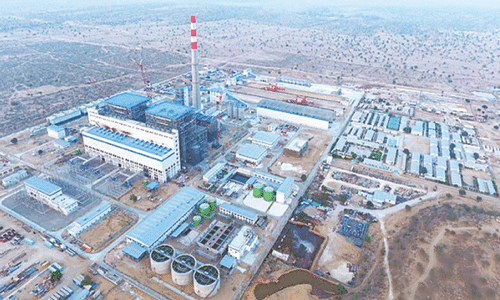

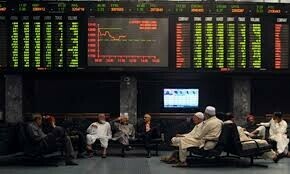











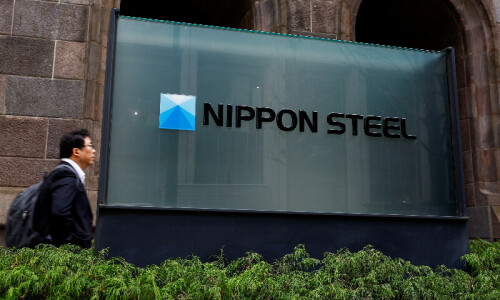



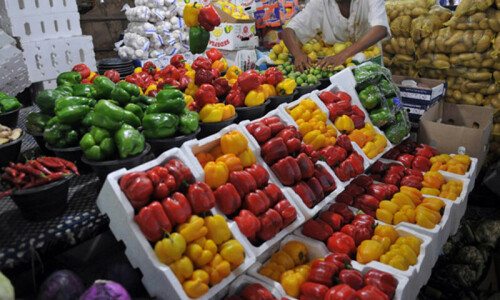
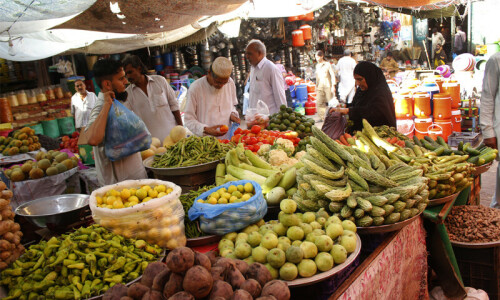


























Dear visitor, the comments section is undergoing an overhaul and will return soon.